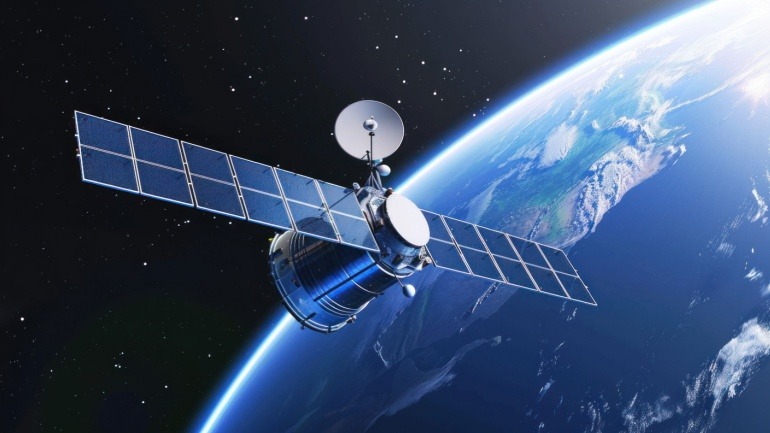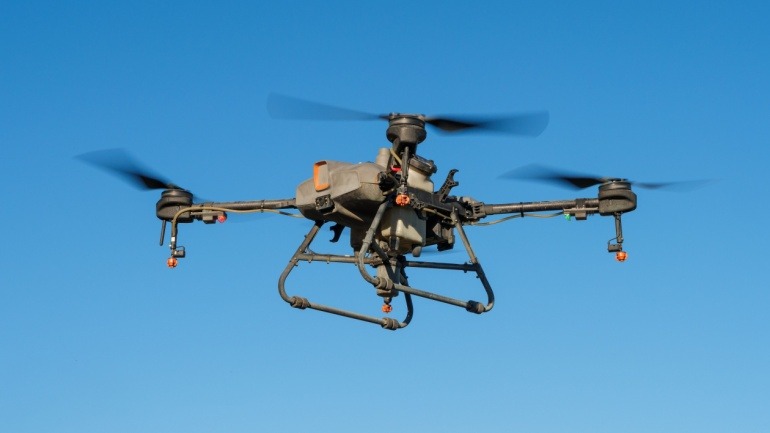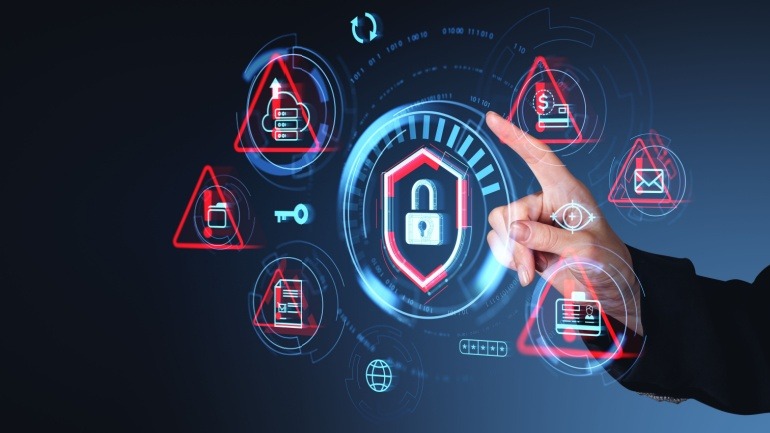The European Union Cyber Resilience Act is transforming how organizations enhance cybersecurity. Despite implementation hurdles, the CRA demands a “security by design” philosophy, urging IT security teams to report vulnerabilities promptly. Many businesses are creating dedicated teams and utilizing automated platforms like ONEKEY to navigate CRA compliance, addressing sophisticated cyber threats effectively.
Deutsche Telekom is investing in the EU’s IRIS2 satellite project to build a cutting-edge multi-orbital communication constellation. This initiative will enhance Europe’s digital infrastructure, reinforcing technological sovereignty with advanced IT, secure networks, and 5G.
Nokia leads the EU-backed Proactif project, tapping drones and robotics for infrastructure monitoring across Europe. With 43 organizations from 13 countries involved, and notable partners like Nvidia, the aim is revolutionizing surveillance of power grids.
Germany’s cutting-edge tech giants like Deutsche Telekom, SAP, and Ionos are joining forces for a groundbreaking AI data center project, aiming to boost Europe’s digital sovereignty. Capitalizing on the EU’s InvestAI initiative, their goal is to build state-of-the-art facilities housing approximately 100,000 AI chips.
The European Commission has launched a review of merger rules to boost investment and innovation across the EU. Key updates target competitiveness, digitalisation, and resilience, addressing concerns from both telecom operators and regulators. The reform aims to modernize policy amid global tensions.
Nine European nations have formed the “Semicon Coalition” to strengthen the continent’s semiconductor industry. The initiative, launched in Brussels, focuses on research, development, and production, aiming for self-sufficiency amid rising global investments.
The European Commission has approved €227 million to support ams Osram’s semiconductor plant in Austria. This facility will enhance Europe’s chip industry, reduce reliance on foreign suppliers, and produce advanced wafers for key sectors.
The EU is advancing its satellite broadband network, IRIS², to rival Starlink. With a €10.6 billion budget, the constellation of 300 satellites will deliver secure communications across Europe and Africa by 2030.
The European Union’s NIS2 Directive enhances cybersecurity across essential sectors, affecting many organizations. With fines up to €10 million for non-compliance, businesses must align cybersecurity to their service scope.
The new Artificial Intelligence (AI) Act in the European Union heralds a comprehensive regulatory framework for AI development and usage, with major provisions taking effect by August 2024. Central to VoIP technology, the Act categorizes AI systems by risk levels, implementing stringent regulations for high-risk categories, ensuring security and transparency in AI-driven communications.











